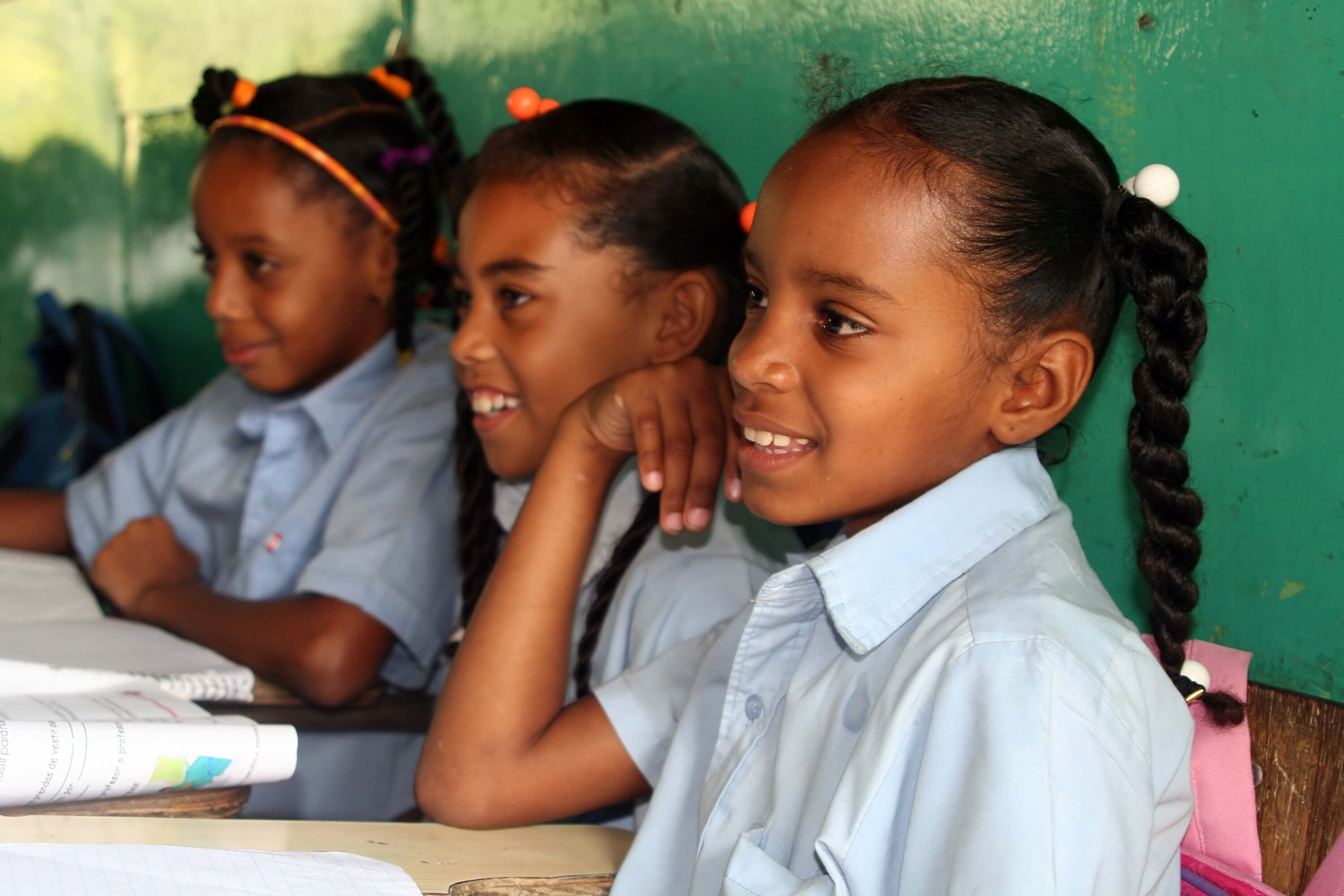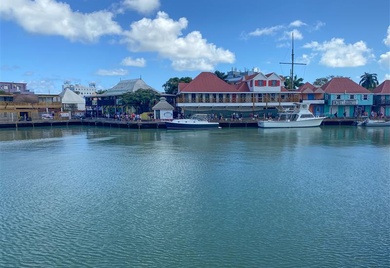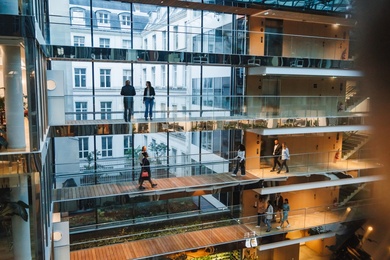Restoring Brazil's Rainforest Can Power an Environmental and Economic Transformation

Restoring lands represents a major opportunity to boost the local economy and support the development of surrounding communities.
Estimates suggest that restoration activities can generate, on average, 0.42 jobs per hectare, reinforcing their potential as a driver of local development.
At the same time, it contributes to preserving natural capital and mitigating the effects of droughts, floods, and other weather conditions.
This process is not just about planting trees but about turning recovered spaces into sources of employment and income through environmentally friendly economic activities.
Brazil’s Legal Amazon covers 502 million hectares. Of these, 27 million are degraded—an area 180 times larger than São Paulo, the country’s largest city.
Private Sector
While the benefits of the initiative are enormous, the required investment volume is also significant.
Restoring just 10% of these lands (2.7 million hectares) would require an investment of around US$12.9 billion—about US$4,800 per hectare—highlighting the importance of developing mechanisms to enable large-scale restoration.
That restored portion alone could remove around 27 million tons of carbon from the atmosphere per year, significantly contributing to a cleaner environment.
To achieve this, private-sector participation is crucial in promoting solutions, sharing knowledge, and mobilizing capital.
The IDB Invest and TNC publication argues that the investment potential, carbon sequestration, and comparison with other land uses position restoration as a viable and profitable strategy for sustainable development.
Natural Capital
IDB Invest can scale practices for long-term viability in agribusiness, such as zero-deforestation sustainable cattle ranching practiced in the northern state of Pará, Brazil.
This includes training clients in value chain traceability and engaging in non-traditional sectors and solutions that help protect the region’s natural capital.
Download the publication
Promoting best agriculture practices, particularly in the livestock sector, is crucial to reducing or preventing deforestation.
Activities such as sustainable forestry and agroforestry offer opportunities to combat ecosystem degradation.
Joint Effort
Public-private partnerships for managing natural parks, conservation, and forest restoration in Brazil—with current support from the IDB—are also possible avenues for long-term investment.
Nature-based solutions can be used to restore ecosystems within a project’s area of influence or as solutions for project operations, especially in agribusiness.
Restoration projects may be attractive to the growing carbon credit market—innovative financial mechanisms that channel fresh resources into nature-valuing activities.
Properly structured, these credits can effectively monetize environmental benefits, empower communities, support reforestation efforts, and help corporations meet environmental goals.
Sustainable Economy
Restoring more than 10,000 hectares of forest will protect wildlife habitats and contribute to efforts to mitigate the consequences of droughts, floods, and other phenomena.
The socioeconomic impacts are equally significant, thanks to private-sector participation, job creation, and the promotion of sustainable economic activities in the region.
Collaboration between government, international organizations, and the private sector can unlock new and profitable ways to care for the environment and ensure long-term economic activities.
LIKE WHAT YOU JUST READ?
Subscribe to our mailing list to stay informed on the latest IDB Invest news, blog posts, upcoming events, and to learn more about specific areas of interest.
Subscribe



